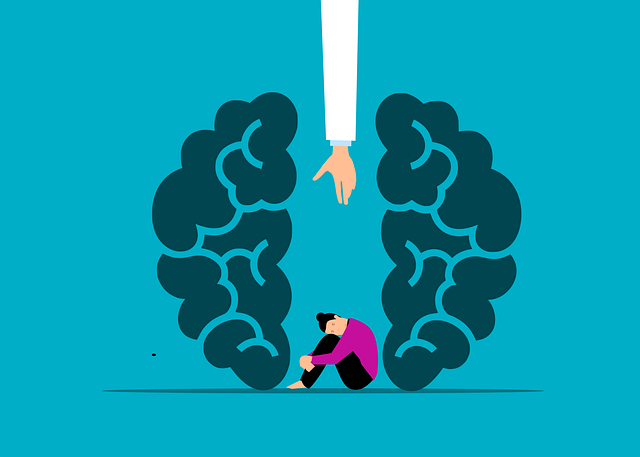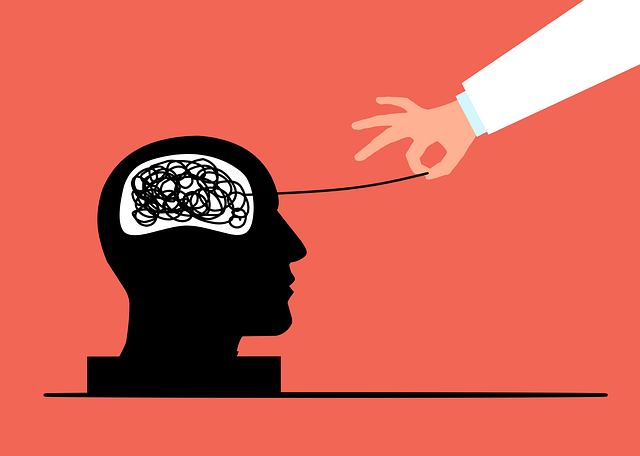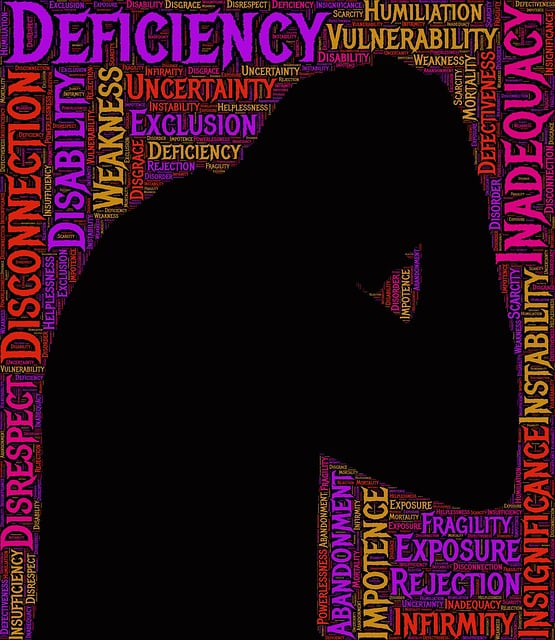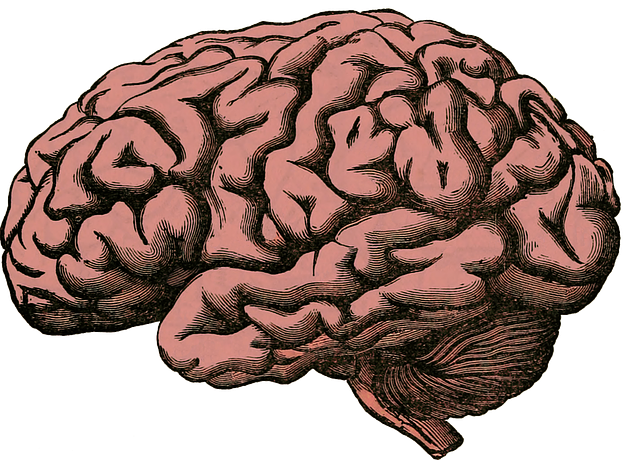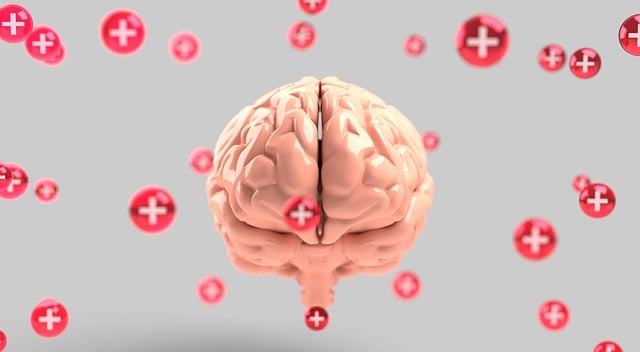Stress management is a vital aspect of mental health, and Arvada Mental Health Evaluations and Therapy offers comprehensive support. They provide workshops that help individuals identify stressors and develop coping strategies through interactive group activities and expert guidance. These workshops promote cultural sensitivity in mental healthcare and equip participants with practical tools for managing daily stress. The tailored content, based on individual assessments, ensures a supportive environment for active engagement in stress reduction practices. Post-workshop follow-up, including check-ins, peer support, and learning resources, reinforces these benefits, fostering personal growth and improved professional resilience. Arvada Mental Health Evaluations and Therapy's holistic approach combines public awareness campaigns with hands-on workshops to promote mental well-being and work-life balance.
Stress management workshops are gaining prominence as essential tools for promoting well-being. This article explores the multifaceted approach to combating stress, with a focus on the organized and structured environment of workshops. We delve into the understanding of stress, its impact on mental health, and how specialized sessions can be designed to mitigate these effects. Leveraging Arvada Mental Health Evaluations as a foundation, we discuss strategies for creating effective workshops, followed by post-workshop techniques to ensure long-lasting benefits, enhancing the overall therapeutic experience.
- Understanding Stress and Its Impact on Well-being
- The Role of Workshops in Stress Management
- Designing Effective Stress Management Workshops
- Arvada Mental Health Evaluations: A Foundation for Workshop Success
- Post-Workshop Follow-up Strategies to Ensure Long-Lasting Benefits
Understanding Stress and Its Impact on Well-being

Stress is a widespread issue that significantly impacts individuals’ overall well-being. It can stem from various sources, such as work pressures, personal relationships, or financial constraints. When left unaddressed, stress can lead to burnout, affecting not only mental health but also physical health. Arvada Mental Health Evaluations and Therapy play a crucial role in helping people understand their unique stressors and develop effective coping mechanisms.
Understanding the impact of stress on the mind and body is essential for implementing successful burnout prevention strategies for healthcare providers. These professionals often face high-pressure situations, demanding long working hours, and complex patient care responsibilities. By incorporating Self-Awareness Exercises into their workshops, organizations can foster an environment that encourages mental health policy analysis and advocacy, enabling staff to recognize signs of stress and take proactive steps towards a healthier work-life balance.
The Role of Workshops in Stress Management

Workshops play a pivotal role in effective stress management, offering structured and engaging environments to foster personal growth and resilience. These interactive sessions provide individuals with practical tools and strategies tailored to their unique needs. Through group activities, discussions, and expert guidance, participants learn to identify triggers, develop coping mechanisms, and incorporate mindfulness techniques into their daily routines.
In the context of Arvada Mental Health Evaluations and Therapy, workshops become a powerful complement to traditional therapy. They promote cultural sensitivity in mental healthcare practice by creating safe spaces where diverse individuals can share experiences and gain insights from one another. By focusing on mind over matter principles, these sessions help participants regain control over their lives, offering tangible methods for anxiety relief.
Designing Effective Stress Management Workshops

Designing effective stress management workshops requires a multifaceted approach that goes beyond simply providing information. At workshops organized by Arvada Mental Health Evaluation and Therapy, we prioritize active engagement and interactive activities to foster meaningful learning experiences. This involves integrating coping skills development exercises, crisis intervention guidance, and real-life case studies to equip participants with practical tools for managing stress in their daily lives.
Public awareness campaigns play a crucial role in promoting mental well-being, especially when combined with hands-on workshops. By combining education with actionable strategies, these sessions not only help individuals recognize signs of stress but also empower them to take proactive steps towards maintaining a healthy work-life balance. This holistic approach ensures that participants leave the workshop with increased resilience and improved coping mechanisms, better preparing them to face life’s challenges head-on.
Arvada Mental Health Evaluations: A Foundation for Workshop Success

Arvada Mental Health Evaluations serve as a cornerstone for successful stress management workshops. By assessing individuals’ mental health and emotional well-being, these evaluations provide invaluable insights that tailor workshop content to specific needs. This personalized approach ensures that each participant receives relevant strategies and techniques to manage stress effectively.
Through comprehensive therapy sessions, Arvada Mental Health Evaluations focus on enhancing self-esteem improvement and cultivating emotional intelligence. These evaluations also contribute to public awareness campaigns development by highlighting the importance of mental health in daily life. By understanding individual emotional landscapes, workshops can be designed to foster a supportive environment, enabling attendees to engage actively in stress reduction practices and make lasting changes for better mental health.
Post-Workshop Follow-up Strategies to Ensure Long-Lasting Benefits

Post-workshop follow-up strategies play a pivotal role in ensuring that participants’ stress management skills translate into long-lasting benefits. To solidify the positive impact, consider implementing several key tactics. Firstly, schedule individual or group check-ins to allow participants to share their experiences and challenges since the workshop. This not only reinforces learning but also creates a supportive community where peers can offer encouragement. Additionally, provide accessible resources such as recorded sessions, handouts, and recommended reading materials, enabling ongoing reference and reinforcement of key concepts.
Furthermore, integrate risk management planning for mental health professionals into post-workshop activities. By fostering cultural sensitivity in mental healthcare practice, participants gain insights into addressing diverse client needs effectively. Encouraging self-awareness exercises through reflective journaling or group discussions deepens their understanding of stress triggers and coping mechanisms tailored to individual preferences. These strategies collectively contribute to sustained personal growth and improved professional resilience.
Stress management workshops, enhanced by foundational Arvada Mental Health Evaluations, offer a transformative path towards improved well-being. By designing engaging sessions and implementing effective follow-up strategies, these workshops equip individuals with valuable tools to navigate stress. Leveraging therapy techniques integrated throughout the process ensures long-lasting benefits, fostering resilience and promoting a healthier, more balanced lifestyle.
